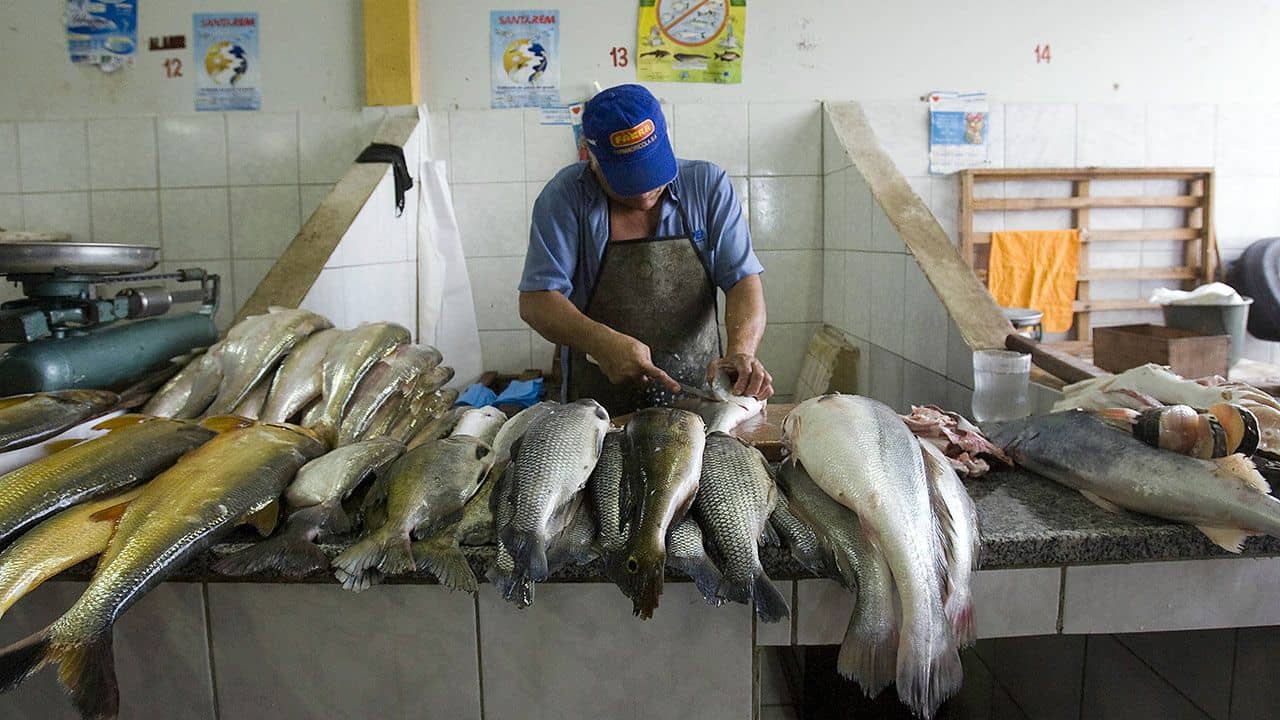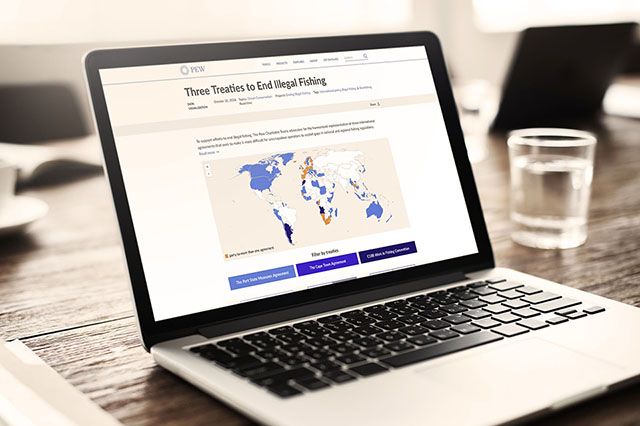
About IUU Fishing
Fisheries provide a vital source of livelihood, employment, recreation, trade and economic well-being for people throughout the world. On a global scale IUU fishing results in losses of as much as USD $23.5 billion per year. However, there is a shocking lack of transparency and accountability throughout the international fishing industry that leads not only to environmental crimes, but also to human rights violations such as: human trafficking, piracy, arms and narcotics smuggling, and forced labor of those working on fishing boats.
IUU fishing persists because a lack of transparency and regulation yields high profit with low risk. The oceans are a vast area to cover, but there is limited national capacity for fisheries monitoring, control, and surveillance. Modernized national legal frameworks in the form of amendments to historic fisheries laws are absolutely necessary to address both human rights abuses aboard fishing vessels and to create good maritime governance.
The Three Treaties to End Illegal Fishing – the IMO’s Cape Town Agreement (CTA), FAO’s Port State Measures Agreement (PSMA), and ILO’s Work in Fishing Convention 188 (C188) – together build a solid framework to address IUU fishing. All three specialized UN agencies have recognized the combined benefits of the aforementioned instruments in tackling IUU fishing and associated social and human rights issues. When applied together effectively, these three treaties provide for a solid legal framework to protect countries and their people from threats to food security and environmental sustainability, to human trafficking and forced labor.
PGA’s IUU Project
In partnership with the Pew Charitable Trusts, a project of PGA’s Campaign for the Protection of the Oceans & Implementation of SDG 14 is the ending of illegal, unreported, and unregulated (IUU) fishing.
Specifically, PGA’s work to end IUU fishing focuses on the implementation of SDGs 14.4 and 14.6, and their Indicators:
- SDG 14.4. Effectively regulate harvesting and end overfishing, IUU fishing and destructive fishing practices. Indicator 14.4.1: Proportion of fish stocks within biologically sustainable levels.
- SDG 14.6. Prohibit certain forms of fisheries subsidies which contribute to overcapacity and overfishing, eliminate subsidies that contribute to illegal, unreported and unregulated fishing. Indicator 14.6.1: Progress by countries in the degree of implementation of international instruments aiming to combat illegal, unreported and unregulated fishing.
To advance these SDGs and their Indicators, the PGA’s IUU Project aims to:
- Bring the IMO Cape Town Agreement on Fishing Vessel Safety into force through new ratifications.
- Increase the number of ratifications (i.e. States parties) to the ILO Work in Fishing Convention, and FAO Port State Measures Agreement.
Check the parliamentary questions posed by PGA members on this issue



